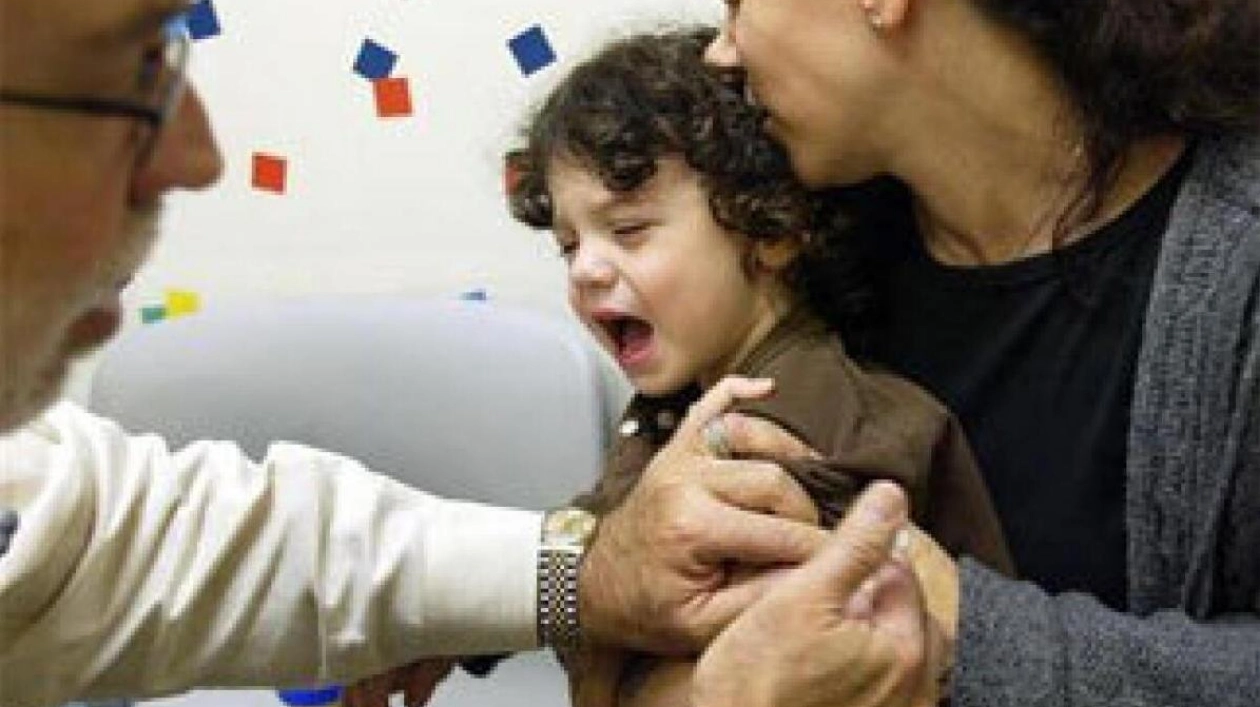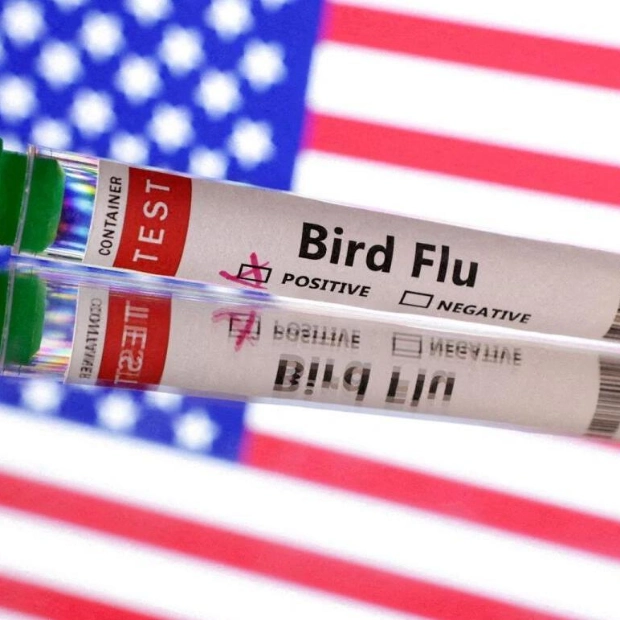When U.A.'s three-year-old son developed a fever last month, she opted to treat him at home with paracetamol. However, by the third day, as his fever escalated, she promptly took him to the emergency department of a hospital in Sharjah. "There, he failed to respond to any medications, including steroids," she recounted. "The doctors grew concerned as his fever reached perilous levels. Fortunately, one physician suspected a more severe underlying issue and ordered diagnostic tests. He was subsequently diagnosed with Kawasaki disease, with the fever being attributed to associated complications."
Pediatricians are urging parents not to dismiss fevers in children and to avoid relying solely on over-the-counter medications. "If a fever continues for several days despite the use of fever-reducing drugs, it may signal a more serious underlying infection," cautioned Dr. Reem Gadalla, a pediatric consultant at Medcare Hospital in Sharjah. "Severe symptoms such as breathing difficulties, intense headaches, a stiff neck, rash, persistent vomiting, or extreme fatigue could indicate a serious infection."
Dr. Gadalla also noted that a fever without a discernible cause, such as a cold or flu, might suggest a more serious underlying infection requiring medical intervention. "Additionally, if a child's condition deteriorates despite home treatment, including persistent high fever, it is vital to seek medical advice immediately," she advised.
As summer arrived in the UAE, there was an increase in reports of children falling ill due to rapid temperature changes between outdoor heat and indoor air conditioning. However, not all fevers warrant immediate concern. Dr. Sudha Rao, a pediatric specialist at Aster Royal Clinic in Downtown, emphasized the importance of closely monitoring a child with a fever. "It is not necessary to administer paracetamol or ibuprofen if the child is comfortable and not distressed by the fever or pain," she stated. "It is essential to ensure the child's comfort, check for signs of dehydration, look for indications of a serious infection, and keep the child away from school or daycare until they recover."
It is also recommended to adjust the child's clothing during a fever. "Dress your child lightly to prevent overheating and use a light blanket if they feel cold," advised Dr. Reem. "Ensure the child gets ample rest to aid in their recovery from the illness."
Dr. Reem shared the case of a four-year-old girl who arrived with a fever of 39.7 degrees Celsius, accompanied by persistent vomiting and extreme lethargy. "Her condition did not improve after a few days of over-the-counter medication," she explained. "She appeared gravely ill and had an elevated heart rate. We conducted tests, including blood work and a chest X-ray, which revealed she had contracted a bacterial infection leading to pneumonia, causing her fever and other symptoms. She was hospitalized for intravenous antibiotics and close monitoring."
Doctors outlined several indicators that a child needs urgent medical attention. "Any child with a temperature exceeding 39.4 degrees Celsius should be assessed by a healthcare provider for possible treatment," stated Dr. Sudha. "Infants under three months old should be seen by a doctor if their armpit temperature reaches 38 degrees Celsius or higher."
Dr. Jamaludeen Abubacker, a pediatrician at Metro Medical Center in Ajman, highlighted the importance of medical consultation in cases of high fever. "In some children aged six months to six years, particularly those with a family history of febrile seizures, a fever can trigger seizures known as febrile convulsions," he explained. "If the fever persists for more than three to four days, or if the child refuses to eat or drink or appears dehydrated, seek medical advice."
Dr. Reem emphasized that worsening symptoms and underlying health conditions are critical warning signs. "If a child's condition deteriorates despite immediate home care, they should be evaluated by a doctor," she said. She also noted that parental intuition plays a significant role. "If a parent is concerned about their child's health or well-being, it is always prudent to seek medical advice."
"Fever typically indicates that the body is combating an infection. Most fevers in children are the result of common viral infections and usually resolve on their own. However, it is crucial to closely monitor your child and seek medical advice if you have any concerns about their health."






